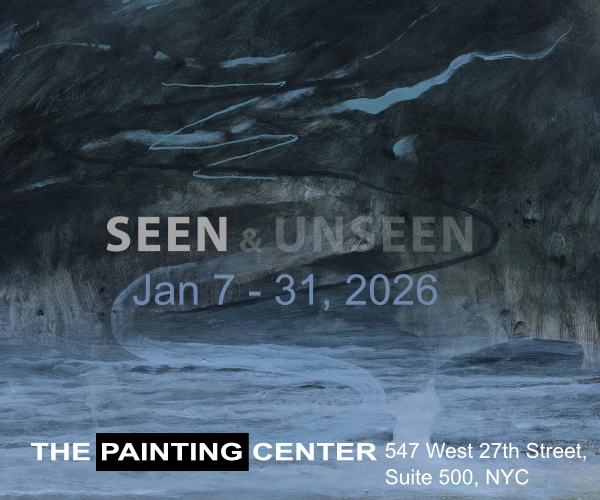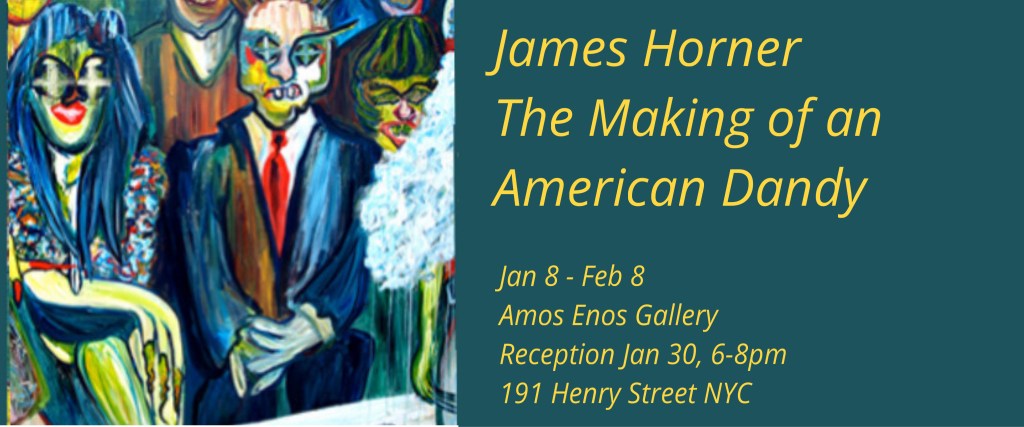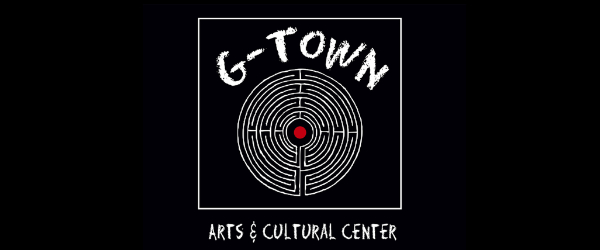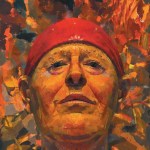
Contributed by Jonathan Stevenson / By the most salient political parameters governance, public health, the rule of law 2020 was one of the worst years in living memory. Hobbled by Covid-19, art overall seemed commensurately downbeat, but also pensively defiant. In cinema, if a dominant theme emerged, it may have been the karmic need for individual decency in the face of inescapable misfortune. There was little heroic nostalgia (not even of the macabre sort manifested in Tarantinos Once Upon a Time in Hollywood), anti-heroic stocktaking (as presented in Scorseses The Irishman), or even dark comedy ( la the Sadfie Brothers Uncut Gems). Perhaps this was because good times, moral reconciliation, and the humor in chaos seemed more distant than they had before. Many of this years best movies simply acknowledged the limited personal capacity to mitigate a grim human condition, so as to preserve hope for brighter days ahead. Optimistically speaking, it was a sly postmodern slouch towards resurgent modernism. Heres an inevitably idiosyncratic ranking of movies released in the United States in 2020.
- First Cow. Deadwood meets Beckett in Kelly Reichardts exquisite revisionist western, at once introverted in tone and historical in sweep. Set in the Oregon Territory in the 1820s, the film softly illuminates the flawed integrity and uncelebrated grace of humble, fleeting people who might otherwise be overlooked, and suggests that even capitalism is nourished and ultimately sustained by friendship.
- Beanpole. Set among mainly hospital workers in Leningrad right after the Second World War, this riveting Russian film deals slowly, silently, and heartbreakingly with wars corrosion of its survivors capacity for ordinary life.
- Another Round. In Danish director Thomas Vinterbergs sharp black comedy and convoluted embrace of the simple joys of existence Mads Mikkelsen plays a depressed teacher who with three friends turns to a kind of designer alcoholism to restore verve to life.
- Sound of Metal. Turning Damien Chazelles Whiplash on its head, Riz Ahmed (so compelling in The Night Of) plays a rock drummer and ex-addict who goes deaf in Darius Marders beautifully calibrated movie that vaults beyond the pat agony-of-recovery story into a meditation on the grace it takes to give up anything once loved.
- Shirley. Josephine Deckers seamless narrative presents two stages of the life of proto-feminist writer Shirley Jackson (Elisabeth Moss, very good) with her manipulative husband (Michael Stuhlbarg, ditto), shedding light on Jacksons extraordinary meanness as well as her compulsion to dissect her lot.
- The Assistant. In this forebodingly quiet movie, covering a presumptively typical day at the office, the loathing of a torn young woman (Julia Garner, excellent) who works for a Weinstein-esque sexual predator builds as she resists conspiring with various repellent climbers to insidiously fulfill his needs and perpetuate his impunity.
- The Traitor. In the paradoxically jocular and grisly mindset that marks popular conceptions of mafiosi, Marco Bellocchios sad and funny film plumbs the lonely, terminally liminal life of the capo who ratted out the Sicilian mob.
- Im Thinking of Ending Things. Jesse Plemons and Jessie Buckley glisten creepily as two lovers shifting between different planes of reality in Charlie Kaufmans film about the conflation of real and ideal selves and their potential indistinguishability.
- Corpus Christi. A violent ex-con pretends to be a priest and turns out to be better at it than real ones in Polish director Jan Kosamas contemplation of Catholicism and religion in general which is only a little more tragic than snide.
- The Burnt Orange Heresy. Spearheaded by Mick Jaggers drolly unscrupulous collector, this Hitchcockean adaptation of pulp master Charles Willefords novel about vicious machinations in the art world recalls a time when sleaze was better contained and thus seemed more amusing.
Ten additional movies of note (in alphabetical order):
Borat Subsequent Moviefilm. Its predictably tasteless and outrageous, but perforce perfectly in line with the times; as a bonus, Sacha Baron Cohen leaves Rudy Giuliani no plausible escape.
Im Your Woman. A Mamet-ish slow-burn neo-noir set in the analog 1970s, starring Rachel Brosnahan as a clueless mob wife with a newborn who has to get smart quickly when her husband precipitously exits their lives.
Incitement. Yaron Zilbermans examination of the motivation behind Jewish militant student Yigal Amirs assassination of Yitzhak Rabin in 1996 is both a taut suspense film and a forensic probe of the psychology of political violence.
The Invisible Man. Channeling a little Offred, Elisabeth Moss is just right as a gaslighted woman in jeopardy in what is essentially an old-school melodrama, but with finely calibrated sci-fi and #MeToo angles.
Let Them All Talk. From Steven Soderbergh, what starts as a nostalgia trip set on the Queen Mary 2 becomes a more serious film about aging and friendship, with Meryl Streep fine as a narcissistic novelist and Candice Bergen shining as her bitter friend.
Mank. David Fincher makes a snarky, spirited case for Herman J. Mankiewiczs primacy in writing the screenplay for Citizen Kane with slam-bang dialogue reminiscent of Preston Sturges that deftly embeds the nasty politics of Hollywoods Golden Age.
Palm Springs. An unabashed but very inventive variation on a Harold Ramis comedy classic, admirably complex, challenging, and non-utopian, starring Andy Samberg and Cristin Milioti.
Sylvies Love. With a keen and nuanced eye, Eugene Ashes Black answer to lily-white rom-coms and melodramas of the 1950s and 60s illuminates social overlaps unrecognized then and recalls early moments of the civil-rights movement.
The Vast of Night. In Andrew Pattersons archly hip extension of The Twilight Zone, a nerdy radio host in Buddy Holly glasses enlists a smitten switchboard operator to put reticent alien invasion witnesses on the air, imparting wistfulness as well as despair.
The Whistlers. From Romanian director Corneliu Porumboiu, whose The Treasure and Police, Adjective were deadpan philosophical gems, comes this winningly sardonic, slyly meta caper movie in which the players communicate by whistling.
N.B. I have not yet seen Martin Eden, and suspect I would list it here had I seen it.
Related posts:
Art and Film: 2019 Top Ten
Art and Film: Kelly Reichardts eye for grace
Art and Film: Men of wealth and taste
Art and Film: In the zone






















